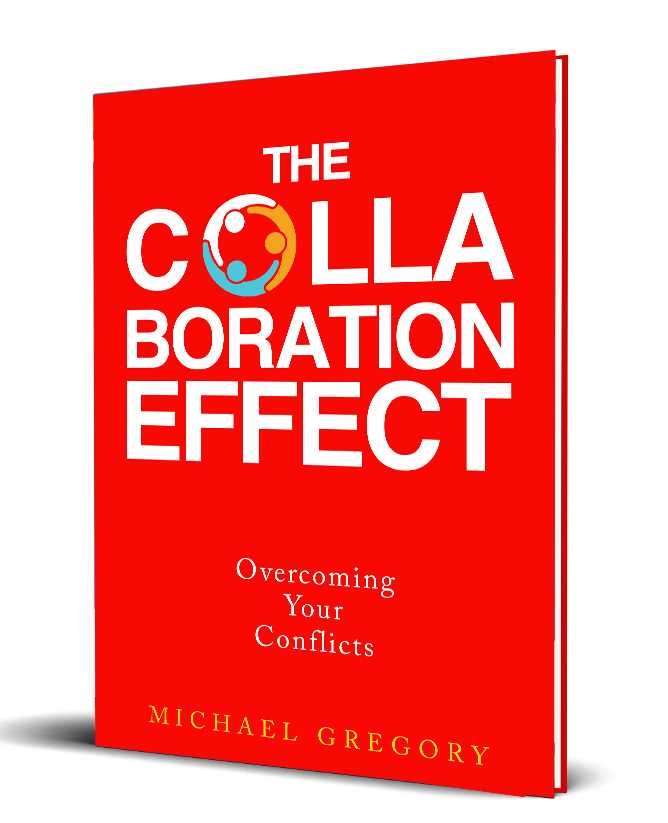
Up front I have to say that I am biased as a mediator. I ran a litigation group for over 7 years with 21 expert witnesses and with 10 to 12 cases docketed for court at any given time. Having been a mediator for over 15 years I see many of the benefits to mediation with reduced time, energy, resources and cost. However, there are still times when litigation makes sense. These activities have helped shape me.
I just read a new special report from the Program on Negotiation from the Harvard Law School entitled, “Special Report, The New Conflict Management: Effective Conflict Resolution Strategies to Avoid Litigation”. The text starts off this quote:
“Whenever a dispute flares up, the parties involved must ask themselves which course of action will yield the best outcome. Should they negotiate, litigate, or simply walk away and accept the status quo? In fact, litigation and negotiation are not mutually exclusive. Both can—and often should—be pursued simultaneously.”
This sets the tone of the document.
Key points are to:
“Keep communication lines open”. I could not agree more. This is a pretext for any chance to resolve the issue short of someone else making the decision for you.
“Ask other parties to mediate”. It is important that you obtain the right mediator. For example I have no expertise in family mediation, but on the other hand I know those who specialize in this arena. I also know those that are truly oriented toward client based decision making and those that tend to push decisions on to the parties while “mediating”. It is important to discuss theoretical orientation and practical application by a mediator before choosing the mediator.
“Don’t lose sight of your underlying interests”. As presented in the article many times the desire to win causes participants to lose track of their underlying interests.
The next section in the publication addresses Dealing with Difficult People. We know a lot about that. I have blogged on this, made presentations on this topic and I have a tips on this issue in my book “The Servant Manager”. In this article the author suggests when dealing with difficult people it is important to “Build a golden bridge”. This is an ancient idea still applicable today. In “The Art of War” by Sun Tzu he also discusses making sure to offer this to the other side to allow the other side to save face and view the outcome as a partial victory.
“Listen to learn”. Listening is always a key to resolving any conflict. Active listening by summarizing what the other party has stated better than themselves is indicative of not only understanding the words, but also the underlying interests behind those words.
“You don’t have to like them”. You are not trying to create a new best friend, but you do need to show respect. Understand the other party’s wants and begin to make a case that you can help the other party with those wants. This can help build collaboration.
The next section in the publication discusses Building Value out of Conflict. To do this “Capitalize on shared interest”. There can be shared interests that add value to both sides. Look for these.
“Explore differences in preferences, priorities and resources”. Instead of focusing on one area, for example cost, if these other types of differences, priorities and resources are explored it may be possible to actually move closer to each other relative to the one area such as cost.
“Capitalize on differences in forecasts and risk preferences”. When projecting the future we tend to do so negatively and plan for the worst. We also tend to think we will be superior. This is natural. This can tend to lead to an overinflated perspective of one’s position. A way to address this is with a contingent agreement.
“Address potential implementation problems up front”. Typically implementation occurs over time. By spelling out who will do what by when can help alleviate these concerns. By specifying a ceiling, or design change time frame in the future it may be possible to address these areas.
As usual the Program on Negotiation from the Harvard Law School supplies good high quality information. If you want to know more download the 10 page article.
About the author
Mike Gregory is a professional speaker, an author, and a mediator. You may contact Mike directly at mg@mikegreg.com and at (651) 633-5311. Mike has written 12 books (and co-authored two others) including his latest book, The Collaboration Effect: Overcoming Your Conflicts, and The Servant Manager, Business Valuations and the IRS, and Peaceful Resolutions that you may find helpful. [Michael Gregory, ASA, CVA, MBA, Qualified Mediator with the Minnesota Supreme Court]

